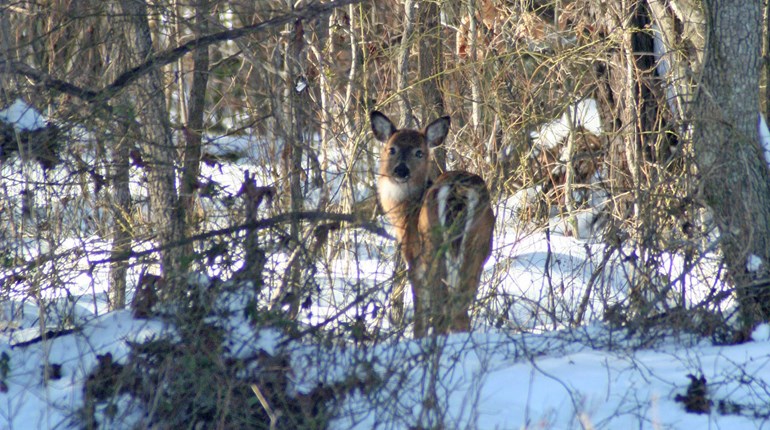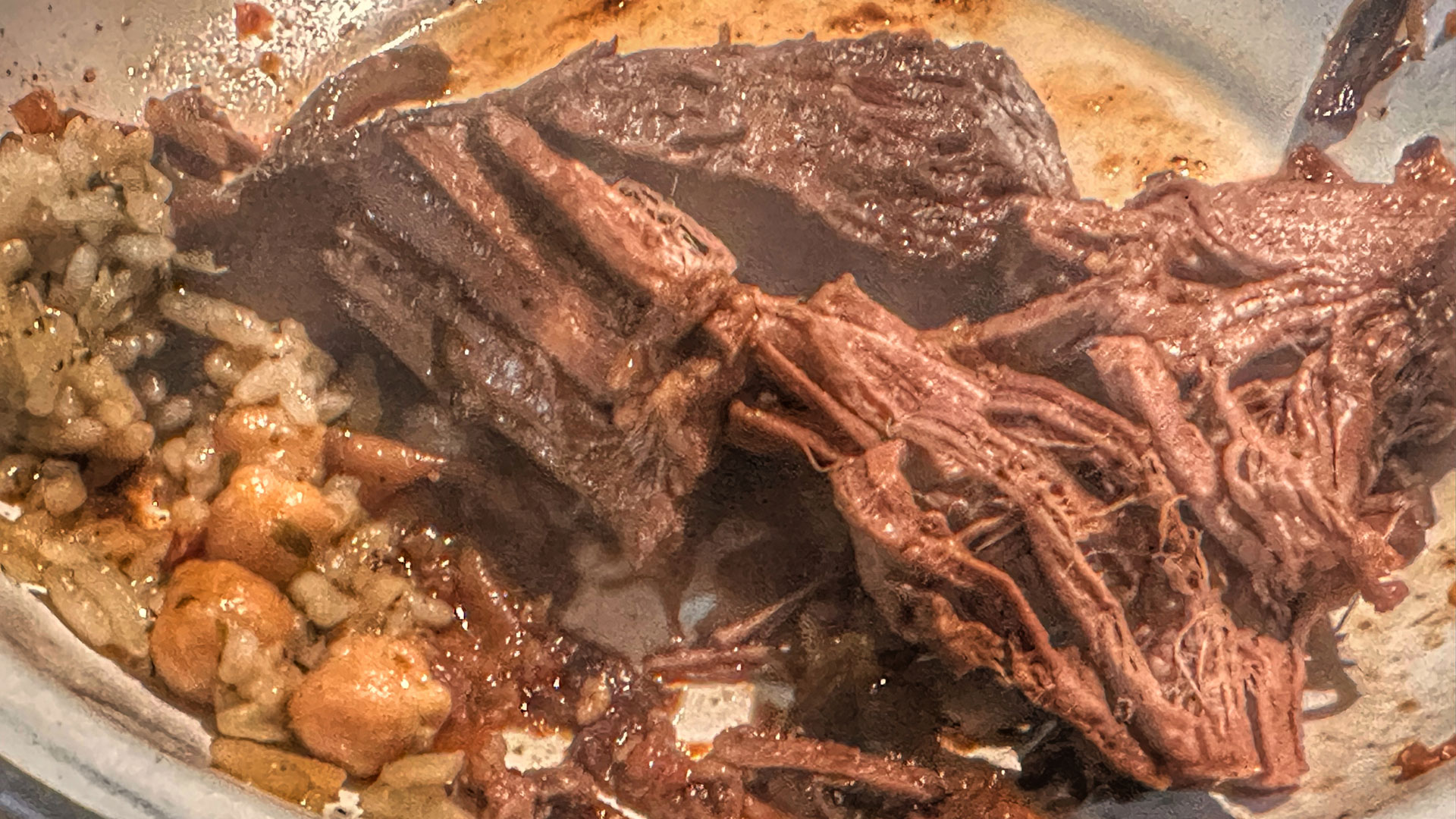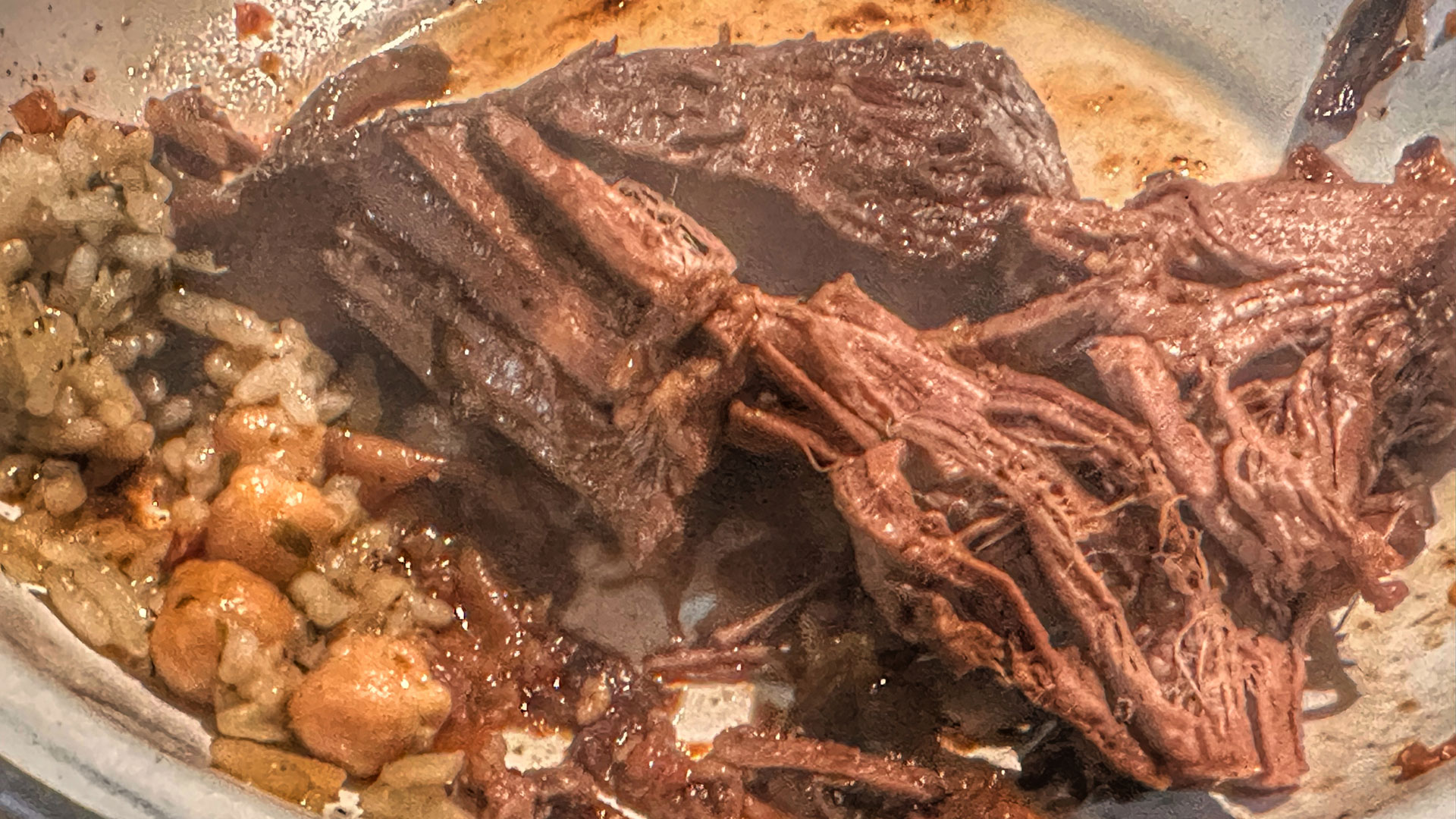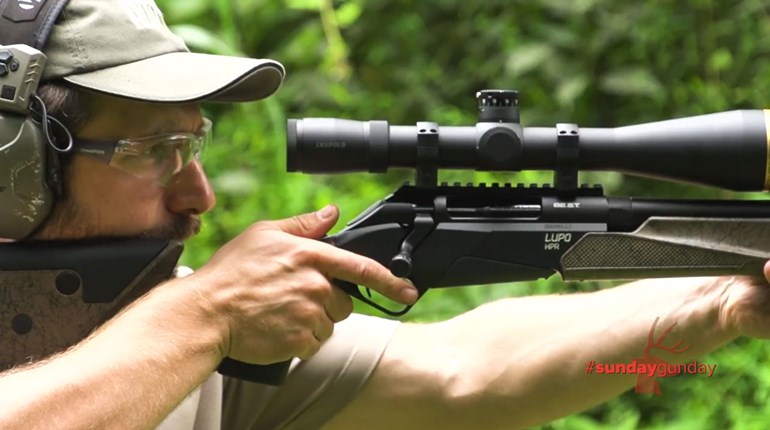
Well, it’s here. And, sadly, it is out of our hands for the most part. Personally, it’s looking like at least one hunting trip will be squashed by the effects of the Coronavirus (COVID-19) outbreak, if not more. What can we do?
Whining about it won’t help, and I’ve already proven that pouting solves nothing, so I thought about a list of things we hunters can do to avoid cabin fever and clinical insanity brought on by being cooped up indoors, or at least being kept out of the fields and woods. Let me help you stay sane.

1. Clean Those Guns. I’m possibly the second-most guilty of this, next to my Dad, Ol’ Grumpy Pants. I grabbed GP’s 1911 the other day to show him a new magazine, and his action closed like a hydraulic door. “Filthy” doesn’t come close to describing the condition of his guns, and as a good son, I volunteer my services once every couple years to clean his collection. My own stuff isn’t quite so fortunate—an African PH once told me to ‘shoot the barrel clean’—and I just grabbed the bottle of Hoppe’s No. 9 solvent and M-Pro 7 oil to give everyone a good scrubbing. Time well spent with your favorite guns, even if it’s just to clean and lubricate them, is never regretted.
2. Take Inventory. “I know I bought a box of turkey shells … ” Take a gander in the back of the closet, look through the safe, search the pockets of your hunting coats, and you’ll more than likely be shocked (and possibly grossed out) at what you find. Taking inventory has turned up some pieces of hunting gear that I had convinced myself I had purchased in a dream, and I've found doubles of coyote calls, turkey calls, grunt tubes, ammunition, granola bars, half a ham sandwich (ew) and enough hand warmers to raise the global temperature a degree or two. I’m currently in the process of going through my own gear, and my wife wants to contact the TV show “Hoarders.” Clean your decoys—even repaint them if needs be—replace lines, clean the duck boat (my buddy accidentally left a mallard in the nose of his kayak for ten months) and handle any other chores which are usually thought of too late as the season opener approaches.

3. Sharpen Those Knives. If you haven’t cut yourself using a dull knife, chances are you haven’t gutted a lot of deer, or cleaned many animals. I’ve surely done it, and I’ve tried to be better about keeping my hunting knives sharp; a sharp knife cuts easier, and it’s usually the overexertion with a dull knife which causes the dangerous situation. Find a means of sharpening that you’re comfortable with; I like one of the dual-sided carbide/ceramic sharpeners with the fixed angle, or one of the diamond coated systems with the steel rods to get the proper angle on my knives, while GP prefers his age-old dual-sided carborundum stone. Whatever the means, I’m fine with it, so long as you have a good sharp knife on your next hunt. It makes the chores easier, and saves time and effort.

4. Read and Write. This is the information age, and there are so many great hunting books available that you could spend a year reading them and not scratch the surface. Whatever the genre—safari, deer hunting, bear hunting, bird hunting, waterfowl—there is a great lineup available either in print or in digital form. Quite a few of the greats are available in audiobook form. I enjoy listening to the classic tales from a century ago while I do other chores; it passes the time, and it’s inspiring for me personally. Theodore Roosevelt has quite a few classic books, recanting his adventures both here in U.S. in the 1880s as well as his famous safari in 1909-10; Hemingway, Ruark, Corbett, J.A. Hunter and John Taylor are among my favorites. You should spend some time finding your own for the genre of hunting you enjoy most. But—and I feel this may be more important than any reading you can do—I wish each of you would start a hunting journal. You don’t have to be William Shakespeare, just write your exploits and experiences down. Imagine how excited you’d be if you found your grandfather’s hunting journal highlighting the guns he used, the dates and hunting partners on that day which you heard so many stories about, the name and age of his dog, and other facts. Today’s simple squirrel hunt may become a source of joy for future generations; I’ve kept a hunting journal for two decades, with no hope other than to entertain my grandkids or great-grandkids.

5. Brush Up on Your Woodcraft. We all live in different places and situations, but no matter what, you can do something to expand your play book. Search for a diagram of simple knots—how many can tie a proper bowline right now?—or if you have a backyard fire pit, practice building a fire in adverse conditions, with the simple tools you carry with you. It may change the way you think, or the tools you carry on your hunting trips. Upgrade the apps on your phone; the maps available online are getting more accurate all the time, and the excuses for getting lost on a public-land adventure are shrinking. Set your tent up in the living room (divorce lawyers love tents; they keep them busy) and become familiar with putting it up and taking it down. Heck, if you’ve got the room in the yard, break up the monotony by spending a night in the tent. The kids will love it, and the wife will wave at you through the window.
Let’s all hope the measures being taken to curb the spread the coronavirus work, and work quickly; I know we’d all rather be back to normal as turkey seasons and spring bear seasons approach. Here’s to hoping some of these ideas help pass the time.



































